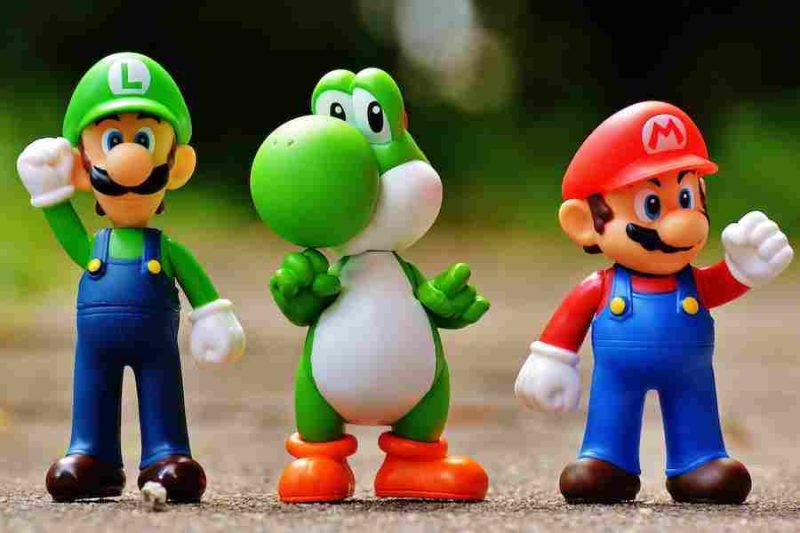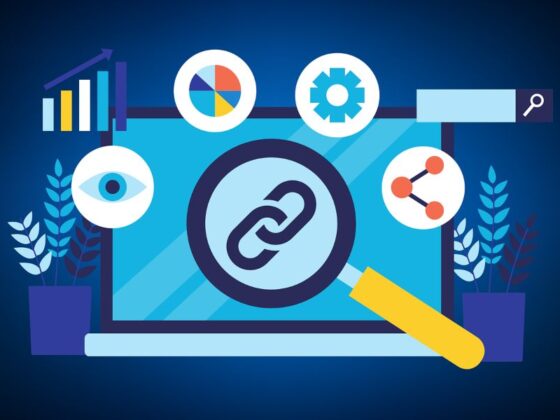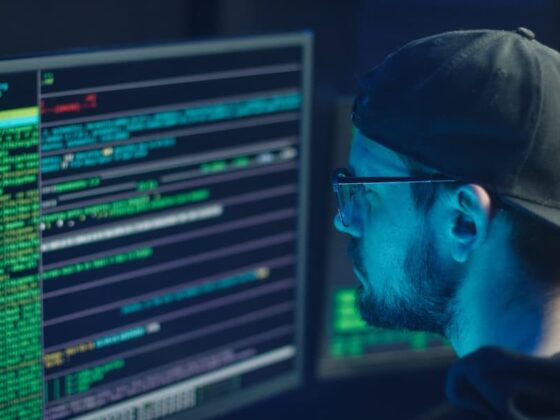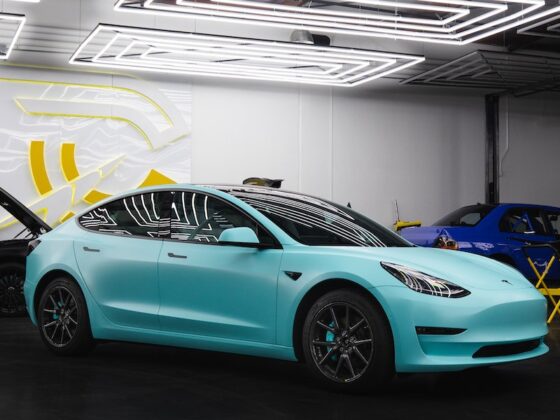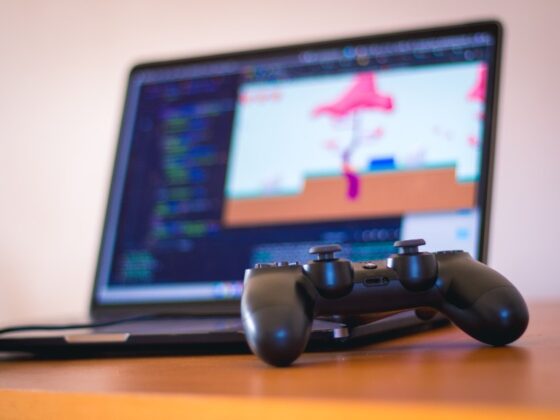Video game emulation has been around for years, and it’s easy to understand why. Everyone loves playing their favorite classic games, but it can be hard to find the right hardware to do so. That’s why many people have turned to emulators, which allow gamers to play classic games on modern systems. But is emulation legal? It’s a common question that many gamers have been asking for years, and it’s not an easy one to answer. In this article, we’ll take a look at the legal implications of video game emulation and explore the different perspectives on this controversial issue. From copyright law to fair use, there are a lot of factors to consider when it comes to emulating video games. So, let’s dive in and take a closer look at the legality of emulation.
Is Emulation Legal?
While emulation is technically legal, it is often frowned upon by the gaming community. Some feel that emulation takes away from the unique experience of playing console games on a personal device. Others worry about the potential for piracy and cheating. However, there needs to be a clear consensus on whether or not emulation is bad for gaming.
What Is Video Game Emulation?
Emulation is the process of replicating software and hardware functionality. While emulation exists in many different forms, the most common types of emulation are software emulation and hardware emulation. Software emulation is the process of running an application on a different platform by imitating the behavior of the original platform. On the other hand, hardware emulation is the process of creating a device that behaves exactly like the original hardware. Some types of emulation are legal, while others are highly controversial. Video game emulation is the process of replicating the functionality of a video game console on a different platform. These emulators allow gamers to play classic games on modern computers or consoles. Many emulators are extremely accurate; they are able to accurately replicate the audio, video, and even controller inputs of the original console.
Copyright Law And Video Game Emulation
- Copyright law protects the intellectual property of authors and artists. This includes the rights to create, reproduce, distribute, and publicly perform works of art.
- Video game emulation is protected under copyright law as long as the original video game is not copied verbatim. The emulator must only reproduce the functionality of the video game.
- It is illegal to copy or distribute video game emulators without the permission of the copyright holder.
- It is illegal to use a video game emulator to pirate or cheat in games.
- It is legal to create and use video game emulators for educational purposes, provided that no money is made from them.
- It is legal to create and use video game emulators for research purposes, provided that no money is made from them.
- The legality of video game emulation varies from country to country. In some countries, it is legal to copy and distribute emulators without permission, while in others, it is illegal.
- The legality of video game emulation is currently being contested in the courts.
- It is illegal to sell or trade video game emulators.
- The legality of video game emulation is still being contested in the courts, and there is no clear answer as to whether or not emulation is actually bad for gaming.
Fair Use And Video Game Emulation
- Emulation is legal.
- Emulation can be used for illegal activities but is not always associated with piracy.
- Emulation allows gamers to experience classic games that may be unavailable on their current system.
- Some gamers feel that emulation takes away from the unique experience of playing console games on personal devices.
- There needs to be a clear consensus on whether or not emulation is bad for gaming.
- Some emulators allow gamers to cheat in online multiplayer games by using cheats or mods.
- Video game emulation can be used for educational purposes, allowing students to learn about older video games without having to purchase or borrow the original consoles.
- Emulators can be used to play pirated games, but this is only sometimes the case.
- Some emulators are available for free, while others require payment in order to use them effectively.
- Video game emulation remains a highly controversial topic, with many people feeling strongly about either side of the argument.
The DMCA And Video Game Emulation
- The Digital Millennium Copyright Act (DMCA) is a United States copyright law that was passed in 1998. The DMCA is designed to protect copyright holders from online piracy.
- One of the provisions of the DMCA is the prohibition on circumvention of technological measures that control access to copyrighted materials. This includes software that allows users to emulate video games.
- In 2010, Nintendo filed a lawsuit against two individuals who were using a software emulator to play games on their personal computers. Nintendo argued that this violated their copyright protection.
- In 2012, the US District Court for the Northern District of California ruled in favor of the defendants. The court ruled that emulation does not violate the DMCA because it does not circumvent any technological measures that control access to copyrighted materials.
- This decision has been appealed and is currently pending before the US Ninth Circuit Court of Appeals.
- The legality of video game emulation is a highly debated topic. Some argue that emulation is a form of piracy that should be illegal. Others believe that the DMCA protects it.
- The legality of video game emulation will likely continue to be a topic of debate.
- In the meantime, gamers will continue to use software emulators to play their favorite games.
- The Digital Millennium Copyright Act (DMCA) is a United States copyright law passed in 1998. The DMCA is designed to protect copyright holders from online piracy.
- One of the provisions of the DMCA is the prohibition on circumvention of technological measures that control access to copyrighted materials. This includes software that allows users to emulate video games.
- In 2010, Nintendo filed a lawsuit against two individuals who were using a software emulator to play games on their personal computers. Nintendo argued that this violated their copyright protection.
- In 2012, the US District Court for the Northern District of California ruled in favor of the defendants. The court ruled that emulation does not violate the DMCA because it does not circumvent any technological measures that control access to copyrighted materials.
Emulation And Piracy
- While emulation is technically legal, it is often frowned upon by the gaming community. Some feel that emulation takes away from the unique experience that comes with playing console games on a personal device. Others worry about the potential for piracy and cheating.
- However, there needs to be a clear consensus on whether or not emulation is actually bad for gaming.
- Some argue that because emulation allows gamers to play classic games on modern computers or consoles, it can actually promote piracy and cheating. Others argue that because classic games are often easier to find and download illegally, emulation actually helps to protect the intellectual property of game developers.
- It is ultimately up to the individual gamer to decide whether or not emulation is a bad thing.
- While emulation may be frowned upon by some, it is still a popular way to play classic games on modern computers and consoles.
Conclusion
Video game emulation has been around for decades. This legal activity allows gamers to play old games on new systems. Unfortunately, many people use emulation to play illegal ROMs, which is illegal. Fortunately, most emulator developers have implemented measures to prevent the spread of illegal ROMs. Whether you use an emulator for legal purposes or illegal purposes, the emulator is still illegal, according to the DMCA. Fortunately, there are many legal ways to use emulators.
